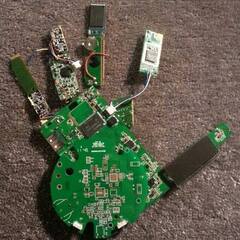does the number of pcie cards you have affect performance?
-
Topics
-
0
-
0
-
0
-
1
-
3
-
1
-
INotPablo ·
Posted in CPUs, Motherboards, and Memory5 -
4
-
1
-
2
-






.thumb.jpeg.9babd505c85c11addf31a285a02547cc.jpeg)









Create an account or sign in to comment
You need to be a member in order to leave a comment
Create an account
Sign up for a new account in our community. It's easy!
Register a new accountSign in
Already have an account? Sign in here.
Sign In Now